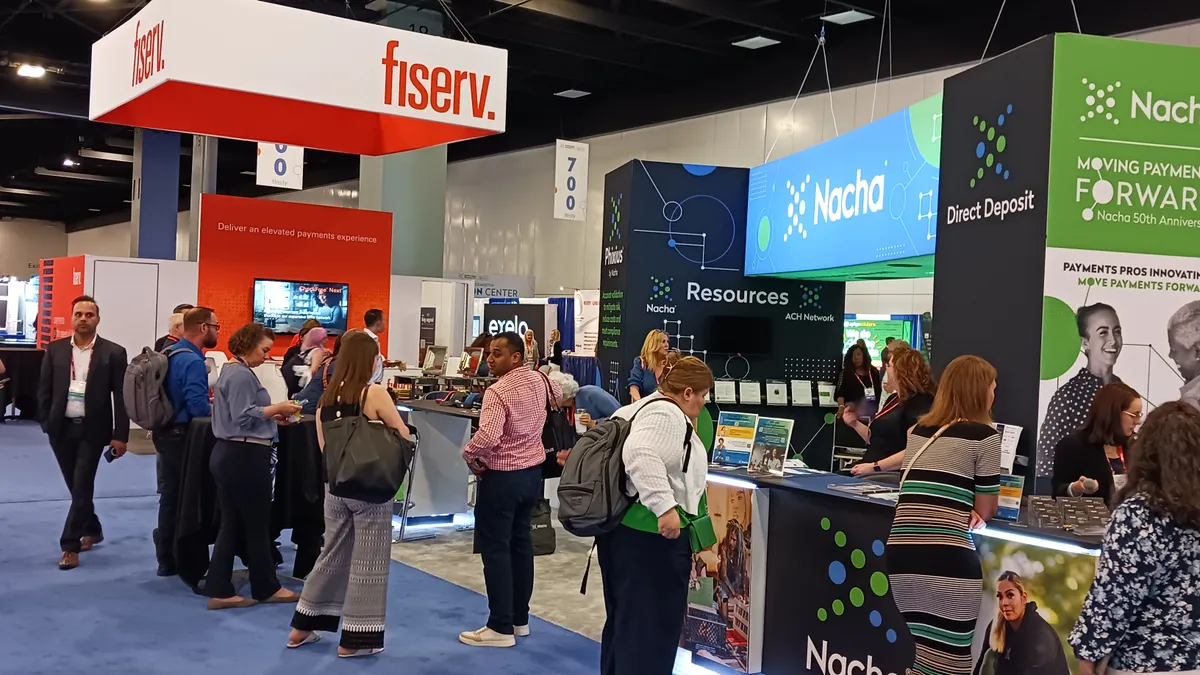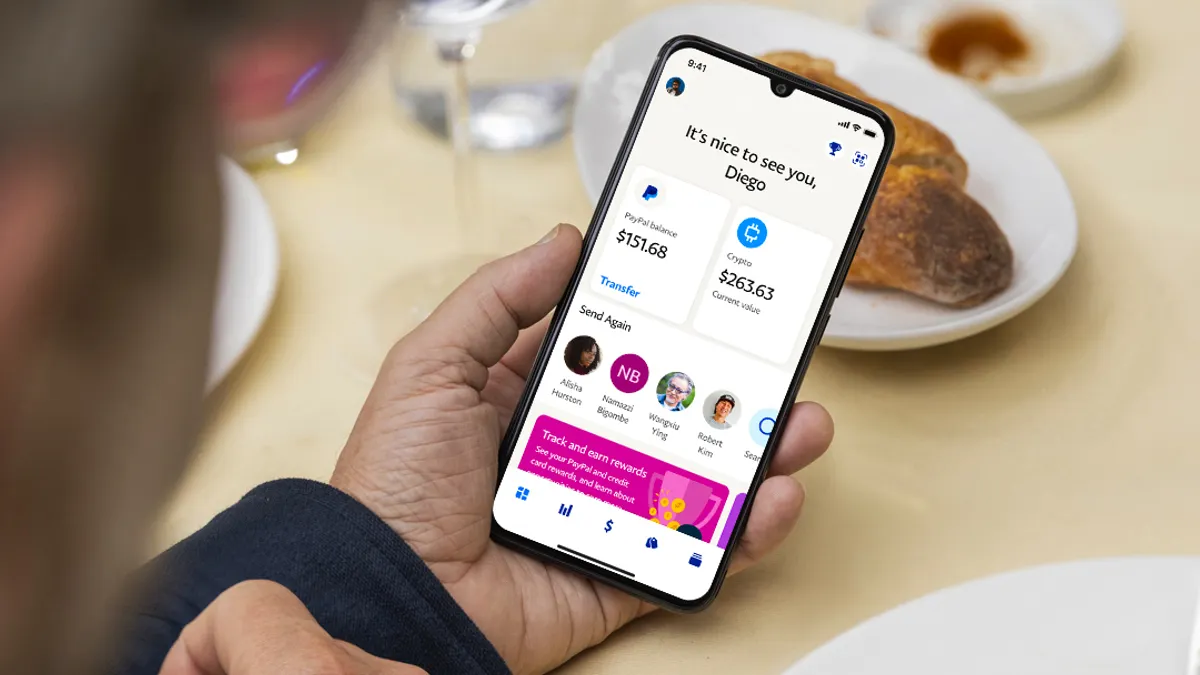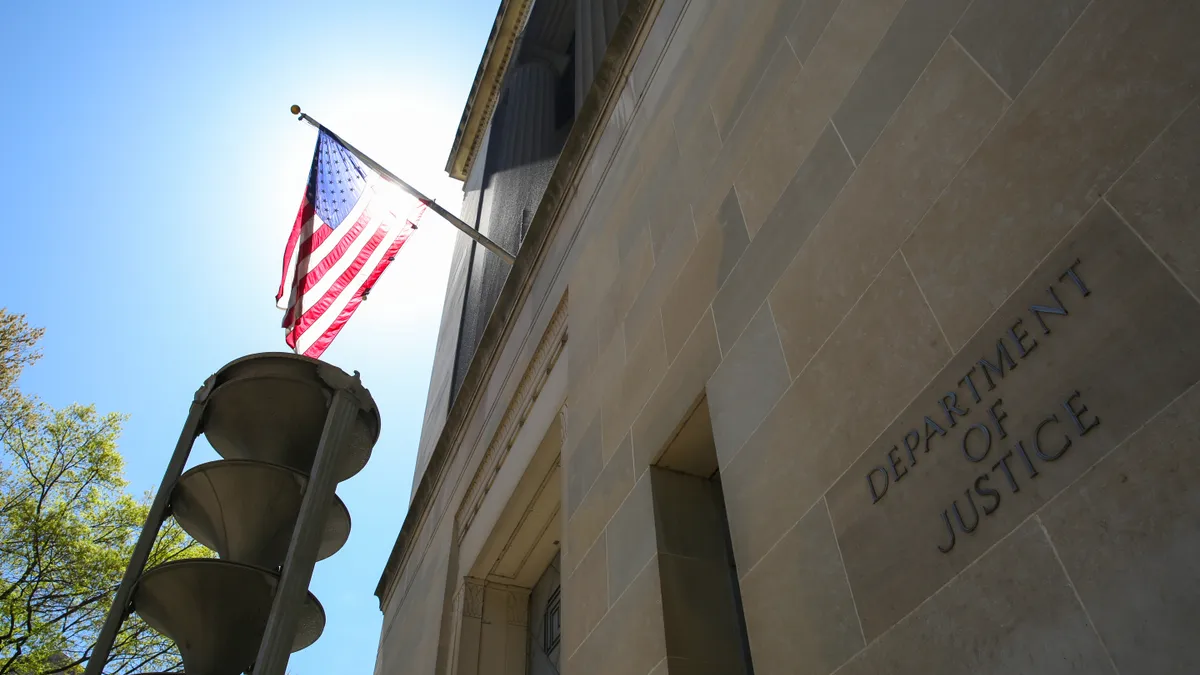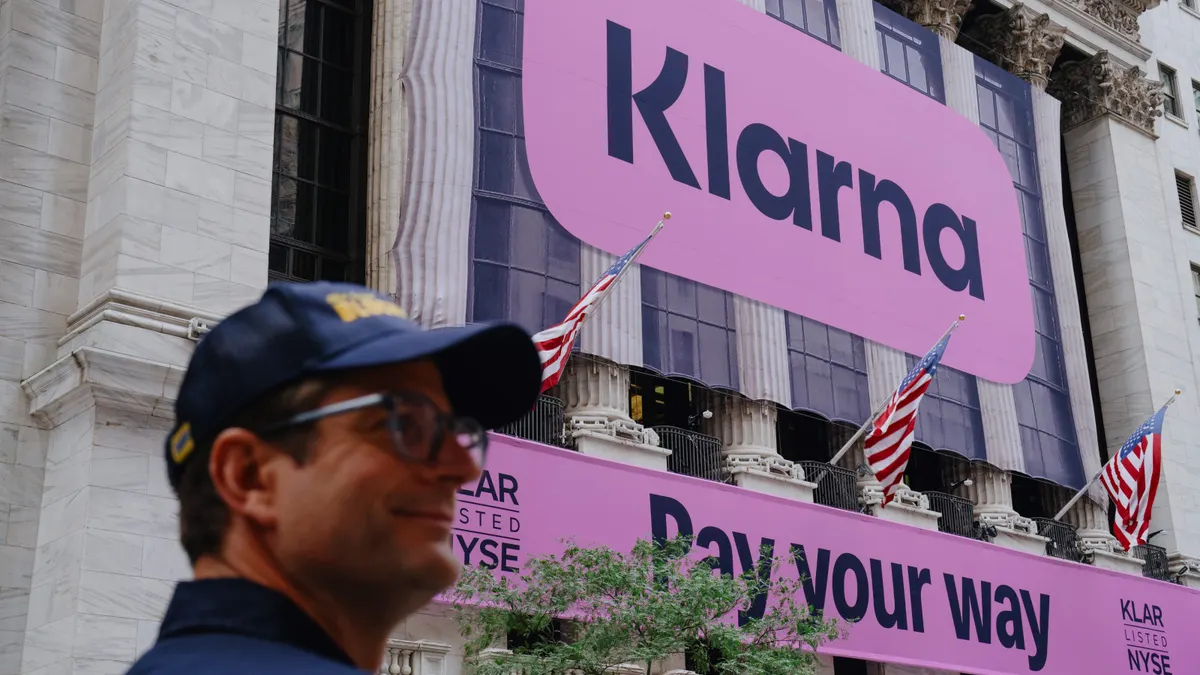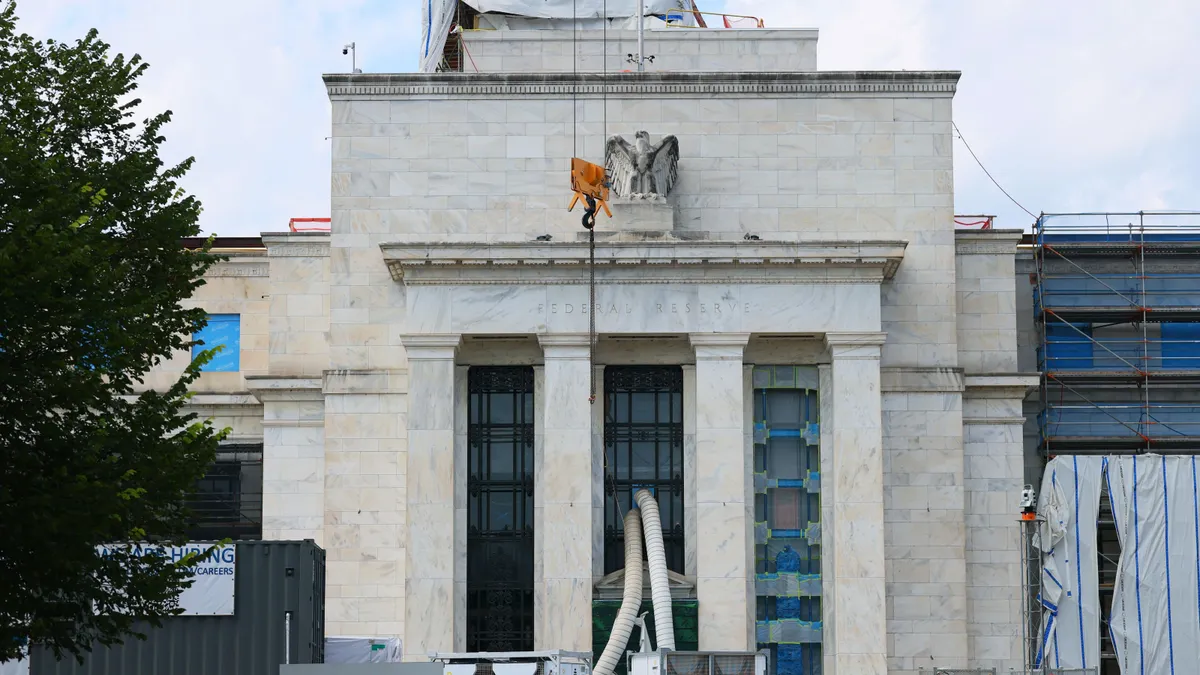Nacha, which stands for National Automated Clearinghouse Association, oversees the ACH Network, a system that handled 31.5 billion electronic payments last year valued at $80.1 trillion, passing transactions between U.S. financial institutions.
Jane Larimer has led the not-for-profit association as its CEO and president since July 2019, guiding its work with the main ACH operators, namely the Federal Reserve and The Clearing House.
Nacha’s most recent results for the third quarter this year showed one particular type of payment tracked by Nacha is soaring in use. Specifically, same-day ACH payments jumped nearly 70% for the quarter over last year, Larimer noted in an interview this week. Those types of payments are only about 3.7% of overall payments, but the big increase over 2023 shows their growing importance for certain uses, she said.
Larimer also talked about the importance of the association in bringing the industry together to discuss important issues. Below, she shares her predictions about key industry trends for 2025, and discusses other topics.
Editor’s note: This interview has been edited for clarity and brevity.
PAYMENTS DIVE: What would you cite as payments trends likely to emerge next year?
JANE LARIMER: I don't think the discussion on faster and instant [payments] is going to go away, and so clearly, I think that's going to be there...
Also, pay-by-bank is something that has been trending, starting this year and into next year, and it's something that we really have our eye on. We did some research on pay-by-bank because the industry talks about it and uses it like it's a term of art, but it's never really been defined. ... Consumers didn't know what it was, but when we told them what it was, over half said that they've used pay-by-bank. ... We've started a work group to bring the industry together to define what is pay-by-bank. And then is there education that needs to be done with consumers?
Plus, with artificial intelligence, one of the things that we're looking at are tools that people can use with AI to help them with their understanding of the Nacha operating rules. So how do you use AI to help people? Sometimes you might have to page through the rules to find several different things. AI can help with that. So we're working on that, which I think is exciting, because anything that can help people understand what they're supposed to be doing and help with compliance is a good thing.
Tell me more about the confusion over pay-by-bank.
I listened to a panel, and three different people on the panel were talking about pay-by-bank, and they were all talking about different things. One person was talking about an ACH thing; one person was talking about a real-time [payments] thing, and the next person said, it was a card payment. So everybody assumed that they knew what each other we’re talking about.
What’s your perspective on when and if pay-by-bank may overtake cards?
Merchants can offer different payment types, and often what they see is when they offer different payment types, shopping cart transactions go up, because the more ways you give consumers to pay, consumers more are more likely to actually finish the sale. So, I think giving consumers [a] choice is always a good thing.
How might the Federal Reserve, The Clearing House and Nacha work collaboratively to advance payments, given the U.S. may be lagging developments in other countries?
Our geography is very different than a lot of the geographies that people point to. So, for instance, we have a very sophisticated and healthy card infrastructure that some other [countries] don't. We also have a much bigger geography, much more fragmented with the number of financial institutions, with the number of corporates. We are just way bigger. When you're look at same-day ACH, look at how many time zones we have. [When you consider] our complexity, the best comparison would be to Europe.
I do think that we are much more wedded to check. Some of the geographies in Europe still have checks, but we are very check-based. ... Really, for a lot of businesses, it's not easy for them just to go from check to ACH, or from check to whatever, or they would have done it.
So do you think people in the U.S. will just continue to move gradually away from checks?
I don't see there being like a regulatory mandate to stop writing checks. It's been steadily moving down. I don't see there being some cliff where it falls off, unless there is an incentive at some point ... or disincentive.
Checks are tied up in some of the escalating fraud. What are your thoughts about fraud in payments and how to thwart it more effectively?
Everybody has a role to play in trying to both monitor and then to identify fraud, but the [Association of Financial Professionals] would still say, the best thing you can do corporate is put down the pen. There are fewer and fewer checks, but there's more and more fraud, which is a bad trend.
On the debit side, for years, we were always looking at that, and trying to make sure we had an understanding and put rules in place to really manage the fraud down on ACH debit. Now, on the credit side, we're putting in those rules as well ... from our perspective, it's everybody working together. So, whether it's an ACH credit, or an instant payment or wire, they're all the credit push payments, and the fraudster is looking for the easiest way in. Right now, it's check, but it might not be [in the future].
What about a universal alias directory to fight electronic fraud?
Right now, at least as far as I know, there is a need, but I do not know if there is big momentum towards embracing one solution. One of the things that makes the credit push frauds so difficult is that oftentimes it is an authorized payment. I don't know if an alias directory is going to help with that.


